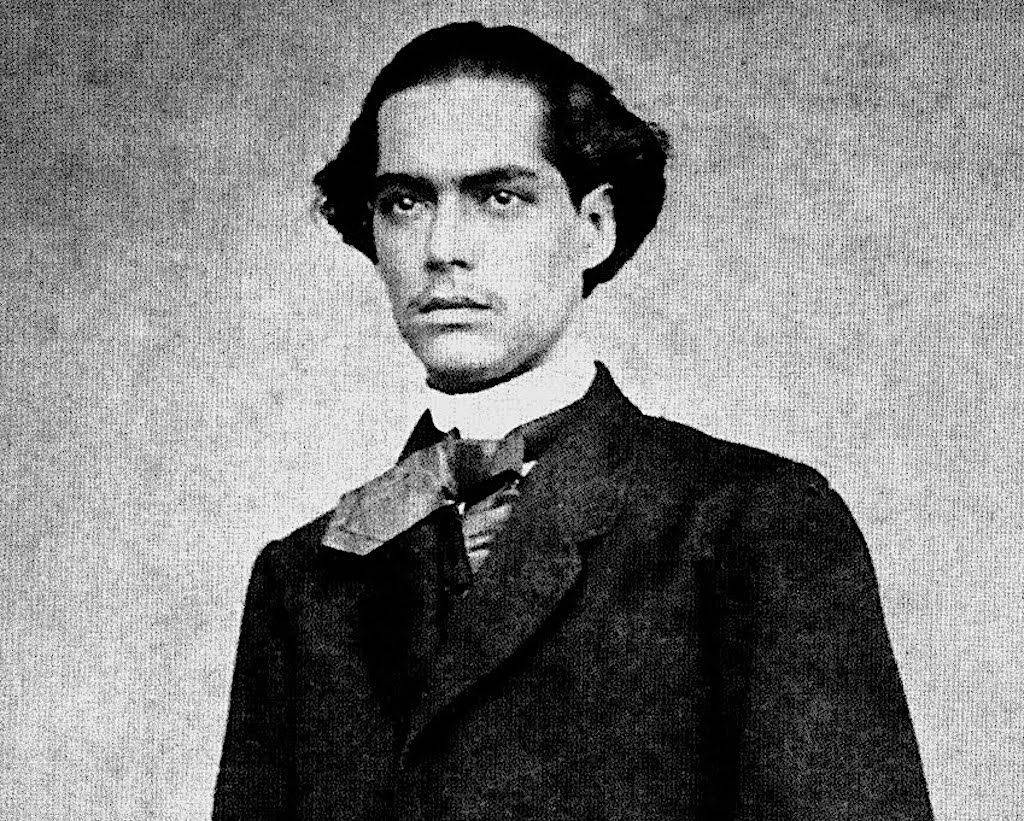RIO DE JANEIRO, BRAZIL – The verses from O Navio Negreiro (The Black Ship), by the poet Antônio Frederico de Castro Alves (1847-1871) from Bahia, became eternal in Brazilian literature and a historical symbol of abolitionism. The freedom of the enslaved people in Brazil would only occur 17 years after the writer’s death, who became known as the “Poet of the Slaves”.
Castro Alves was born in a place called Cabaceiras farm, near the village of Curralinho (today, the town is named after the writer), exactly 175 years ago. He lived only 24 years when he was victimized by tuberculosis. Although young, he became famous, established himself, and was surrounded as he recited his ideals in rhymed narratives and descriptions.
The thoughts of the renowned writer in the second half of the 19th century are studied and appreciated from school to university, read by children to adults, even so long after the time he lived.

To learn more about the young poet’s history, programs, and reports from the Empresa Brasil de Comunicação, revisit the time and provide reflections on slavery in Brazil. Among the special programs, TV Brasil’s De Lá Pra Cá, aired in 2011, explains the poet’s trajectory – his departure from Bahia, life in Recife, Rio de Janeiro, and arrival in São Paulo, where he enrolled in Law School.
In the São Paulo capital, he wrote masterpieces such as O Navio Negreiro and Vozes D’África (African Voices). The program contextualizes that Castro Alves was one of the main authors of Brazilian romanticism.
Momento Literário, which is broadcasted by MEC Radio, details the poet’s life story and highlights the romanticism, the lyricism, and the “astonishment at a world where slaves were merchandise on the seas.
HANDICRAFT
Besides the memory of Castro Alves, Brazilian culture is contemplated this week with National Artisan Day, celebrated on March 19.
In the Brazilian Center-West region, TV Brasil also registered the growth of artisans even during the pandemic. In the Federal District, there was a 72% increase in the number of artisans between 2019 and 2021, which added more than 12,000 workers who were in a vulnerable situation until then.
With information from Agência Brasil

